Search
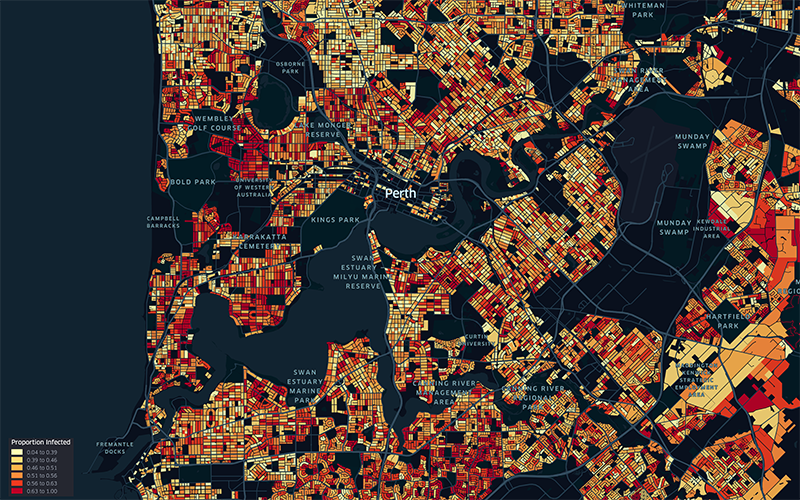
News & Events
Sophisticated new modelling suggests keeping mask mandate could prevent 147,000 COVID-19 casesWA’s current Omicron COVID-19 outbreak could jump by 147,000 cases if mask mandates are abandoned before the Easter long weekend, according to sophisticated new modelling.
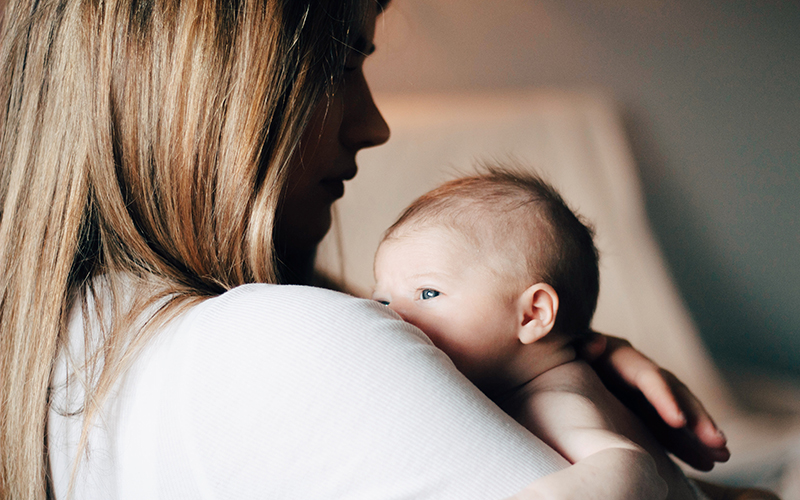
News & Events
Call for national newborn screening for little-known CMV virusWestern Australian researchers advocate for a national newborn screening program for congenital CMV to prevent hearing loss and related disabilities in infants.
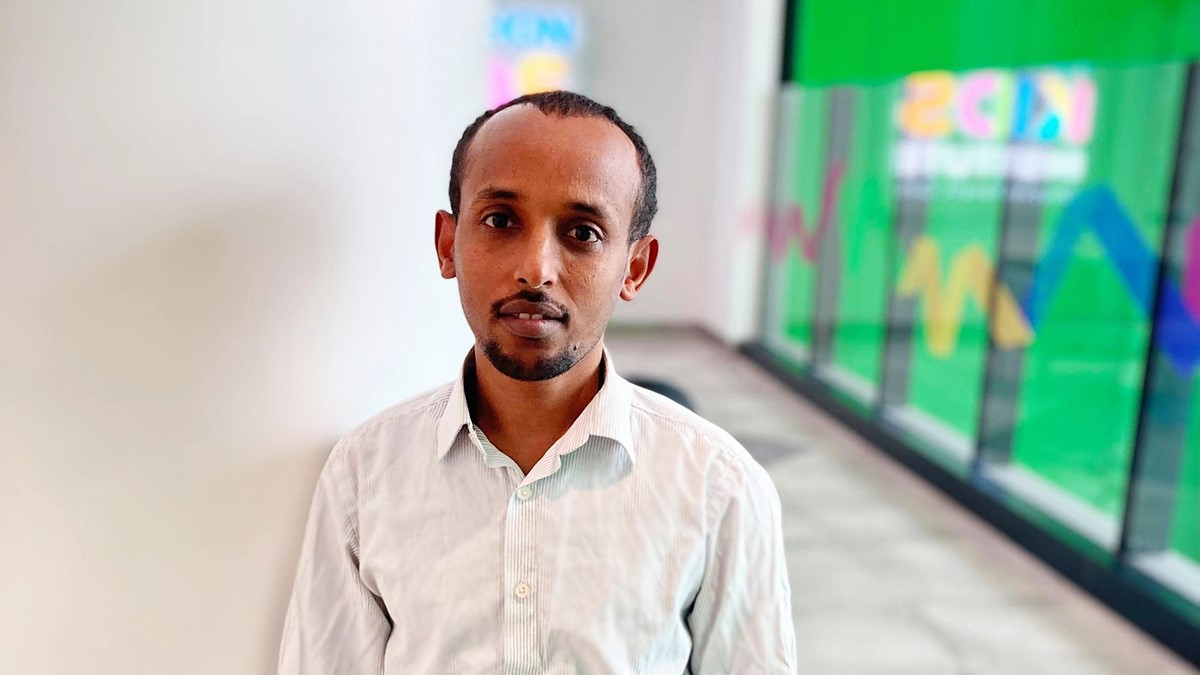
News & Events
New study identifies African ‘hotspot’ for highly infectious diseasesA regional corner of Africa is a hotspot for cases of HIV, tuberculosis and malaria, prompting researchers to call for targeted health support rather than a national response.
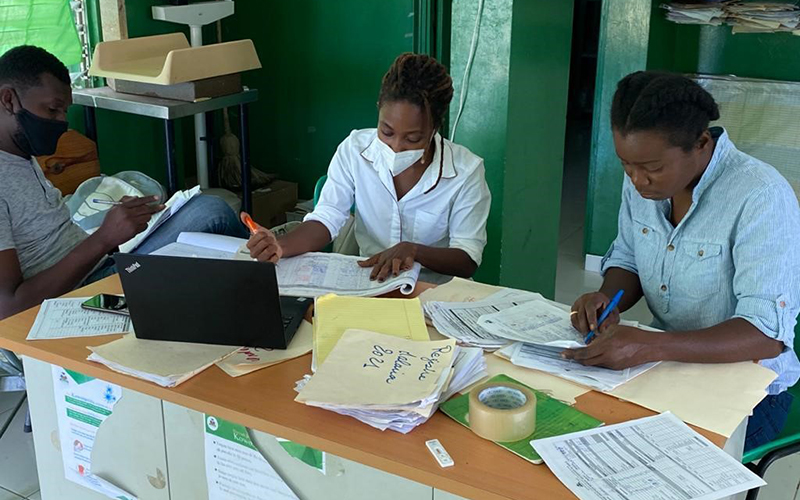
News & Events
Global research team develops fine-scale risk maps to tackle malaria in HaitiResearchers from The Kids Research Institute Australia in Perth and Tulane University in New Orleans have developed sophisticated data modelling that could help eradicate malaria in Haiti.

News & Events
Supporting your kids during a pandemicMailing list Discover. Prevent. Cure. Be Inspired About The Kids Join thousands of active subscribers and hear about the brave kids, dedicated
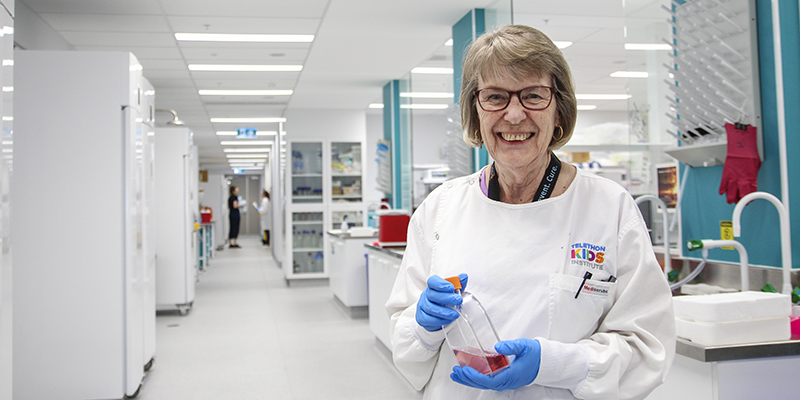
News & Events
Farewelling Jette Ford – a The Kids legendThe Kids Research Institute Australia has farewelled one of its most treasured employees, with research officer Jette Ford closing the door on a quietly stellar 37-year career which has changed the face of cancer research in WA and around the world.

News & Events
Alcohol labels a win for Australian babiesPerth’s The Kids Research Institute Australia has praised the Food Safety Ministers of Australia and New Zealand for standing firm and putting children first by approving the recommended red, black and white mandatory warning label on alcohol products.

News & Events
The power of pooches: pre-schoolers benefit from having a family dogThe benefits of owning a dog start even earlier than previously thought show new research from The Kids Research Institute Australia.
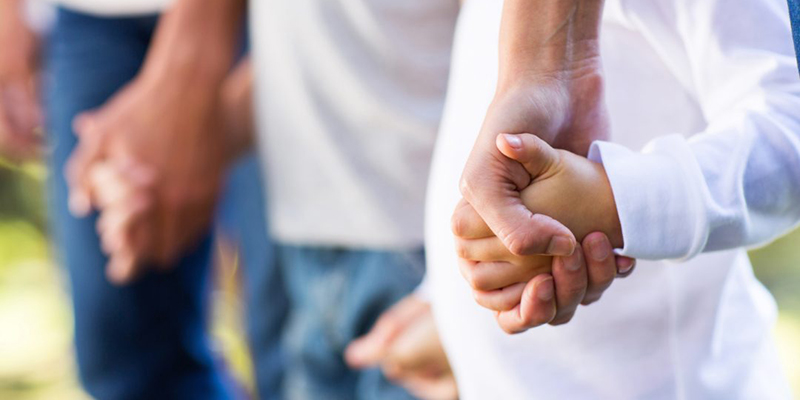
News & Events
How to support your kids through the next phase of COVID-19In Western Australia we have so far been remarkably successful in flattening the curve and preventing the community spread of COVID-19.

News & Events
CliniKids clinicians rise to the COVID-19 challengeThe CliniKids team has reimagined how allied health services for children with autism spectrum disorder or developmental delays are delivered.
